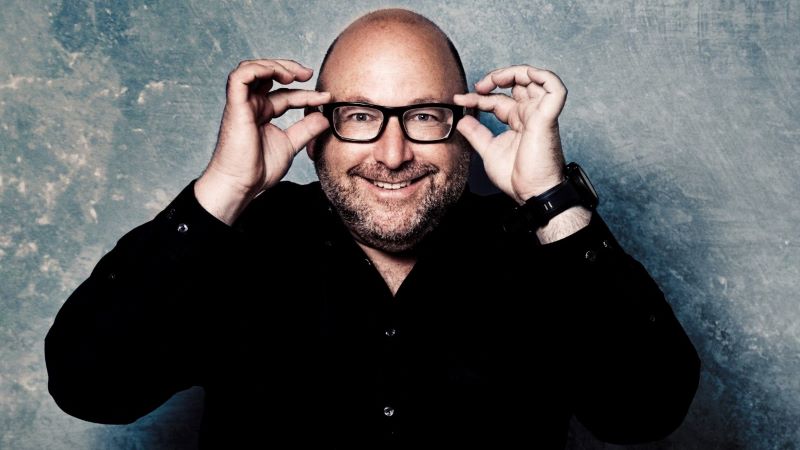
Voices

If only sharks could read
It’s a lie, we’ve been told – the oft repeated notion that the loss of one of our senses heightens and refines the other. Remove my glasses, and not only can I not see, but my ears shut right down. I can’t be alone in needing to put my glasses on to hear what one of my kids is saying.
Which is why ocean swimming can be so frightening. Some years ago, when Muizenberg was in its twelfth revival, I was in the sea with some friends. My glasses remained on shore along with my sight and my hearing, when I thought I heard a siren. “Is that the shark siren?” I asked. I’ve never been the bravest person, and didn’t see the point in hiding it. “Naa,” said my friend, looking ashore “I think it’s the train.” “So why are other people running out the water?” I responded, but left little time for him to answer as I turned in panic and scampered against the waves to safety.
Never the most athletic or the thinnest, I knew with the same certainty that I knew the wind would blow later that day, that I would be the Great White’s first choice from the smorgasbord of swimmers.
A buffet that only Muizenberg could provide.
Which is why the two shark deaths in Plettenburg Bay this year has me unnerved. An actuary I spoke to told me that we need to reframe how we think of these things. He explained that a certain number of people will die on the roads each year. It doesn’t mean that we’ll stop driving. Why should two deaths in the sea prevent us from swimming?
Unsatisfied, I managed to get hold of a conservationist from some shark interest group. I asked her what could be done about this. I’m not making this up. She told me that they would be putting signs on the beaches. “But how do we know the sharks read English?” I asked. “And surely, if they’re already on the beaches, then that battle has been lost?”
She wasn’t amused. Which is why I asked her to clarify the Great White situation. “I heard that like many other whites in South Africa, the Great White sharks had all left and gone to Australia.” (I really did hear this). “No!” she responded, now exasperated, “they didn’t all go, and they didn’t go that far.”
It turns out that conservationists take their subject very seriously and aren’t amused by those who don’t. Especially those who care more about their Granadilla shorts and Havaianas than they do about the shark population.
With the Durban coast dishing out E.coli as though it’s a Black Friday promotion, and Plett feeding swimmers to the sharks like crudités at a family wedding, it’s little wonder that South Africans are unnerved. If there’s one thing not to be messed with, it’s the December holidays.
The good news is that both the sharks and bacteria seem to be aware of this. Early reports indicate that the sharks have moved on, and that the E.coli levels are improving. Albeit slowly.
In the event that they don’t, I have enough faith in South Africans to believe that given what they have dealt with over the past 11 months, it will take a lot more than these deterrents to keep them out of the water.






